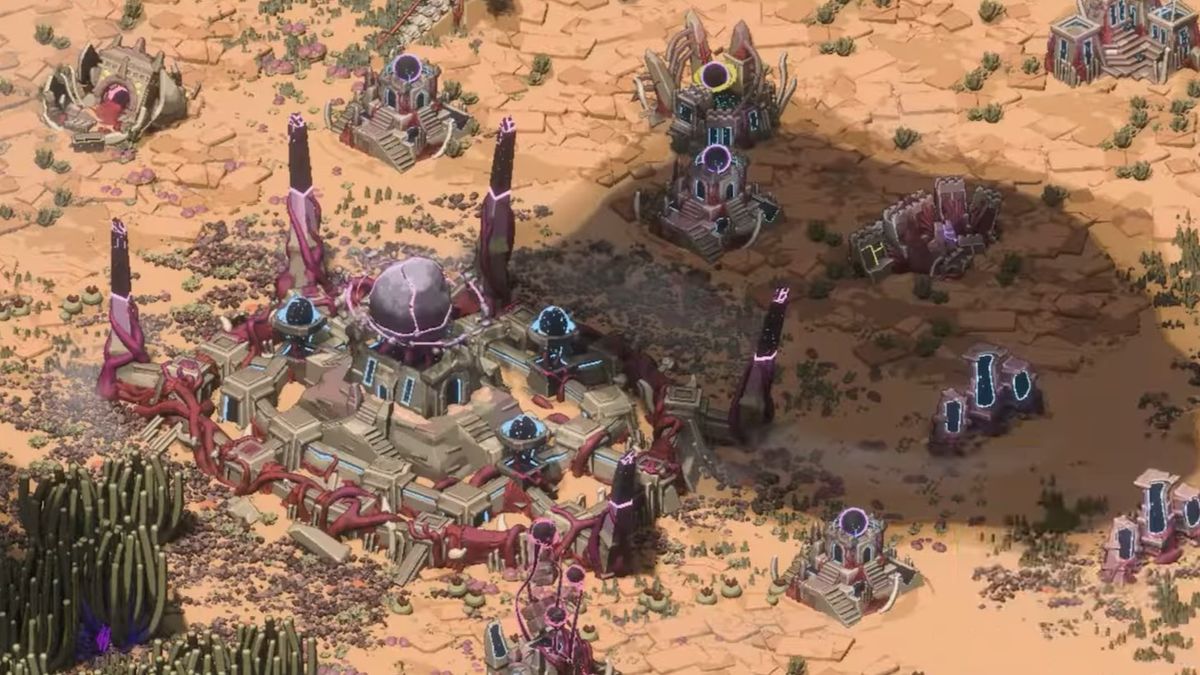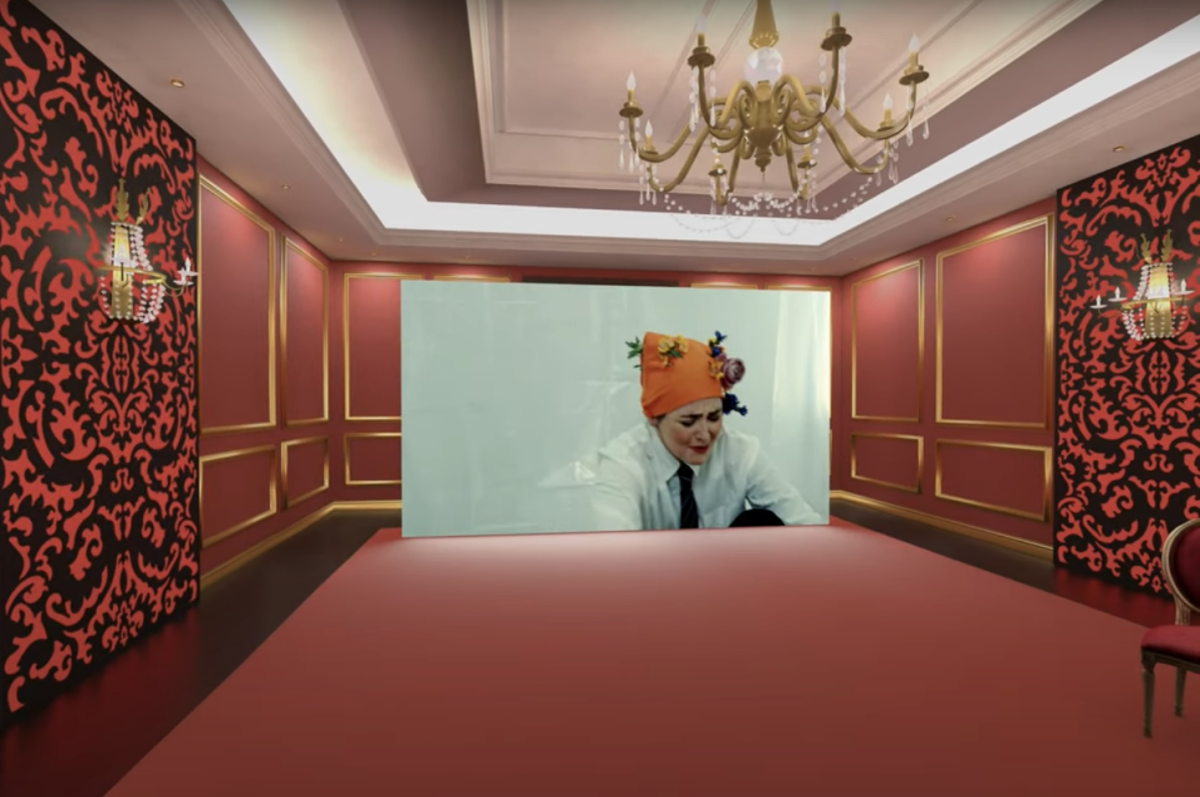Warcana: A Strange Brew of RTS and Deckbuilding?

Warcana, a new title from Team17, boldly claims to be a "real-time base defense strategy game with a unique deckbuilding mechanic". While technically accurate, this description only scratches the surface of this bizarre and fascinating hybrid. Warcana takes familiar elements from two distinct genres and intertwines them into a complex tapestry of gameplay that is, frankly, unlike anything else out there.
The core of Warcana is a head-to-head tower defence experience. Players are tasked with both defending their own fortifications and launching offensive waves against their opponent. This unfolds across a series of increasingly lengthy rounds, each split into a short, safe period followed by a prolonged combat phase. The battle continues until one player's defenses are completely overwhelmed.
But Warcana's twist lies in its deckbuilding mechanic. The units you can build and deploy are dictated by the cards you draw, each offering a range of options from resource generation to summoning units. This unique system allows players to control the tempo of their base-building, dictating what resources they generate and which units they can bring to bear. This unexpected combination of genres is a truly remarkable feat of game design, resulting in a truly unique gameplay experience.
While the combat itself is visually impressive, featuring thousands of units clashing, deploying powerful spells, and breaching enemy walls, it's the deckbuilding that truly sets Warcana apart. The initial starting deck of ten cards provides a foundation from which to build a potent strategy. Players must carefully consider the balance between economic cards, buildings with secondary benefits, powerful summoning units, and spells with versatile effects. The key is to curate a deck that is efficient and adaptable without being overly restrictive.
Warcana's deckbuilding system is not a straightforward replication of established card game mechanics. It's more akin to a carefully crafted tech tree disguised as a deck. The cards provide a dynamic progression path, allowing players to unlock new units and strategies as the game progresses. This aspect is intricately intertwined with the real-time strategy elements, meaning that planning your deck effectively is crucial for success.
The novelty of Warcana's design makes it difficult to judge its long-term potential. However, it's tempting to draw comparisons to Valve's ill-fated Artifact, another complex and intricate game that ultimately struggled to gain widespread appeal. The concern with Warcana is that its innovative design might prove too challenging for players to fully grasp, leading to potential balance issues.
Despite these uncertainties, Warcana offers a truly unique experience for fans of both real-time strategy and deckbuilding games. It presents a compelling challenge, requiring players to adapt to its unusual mechanics and learn its intricate systems. Whether Warcana will carve out a lasting niche in the gaming landscape remains to be seen, but its innovative design and captivating visuals certainly make it a worthwhile experiment for those willing to embrace the unknown.





